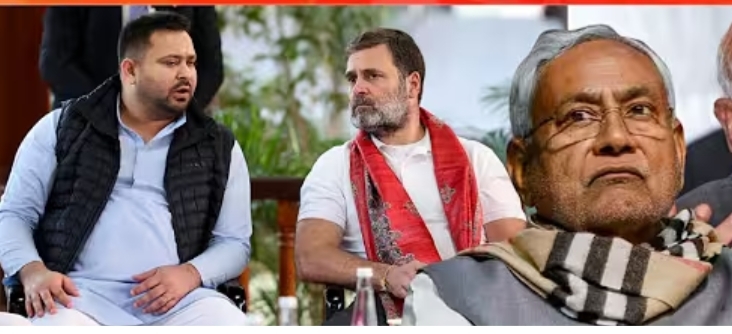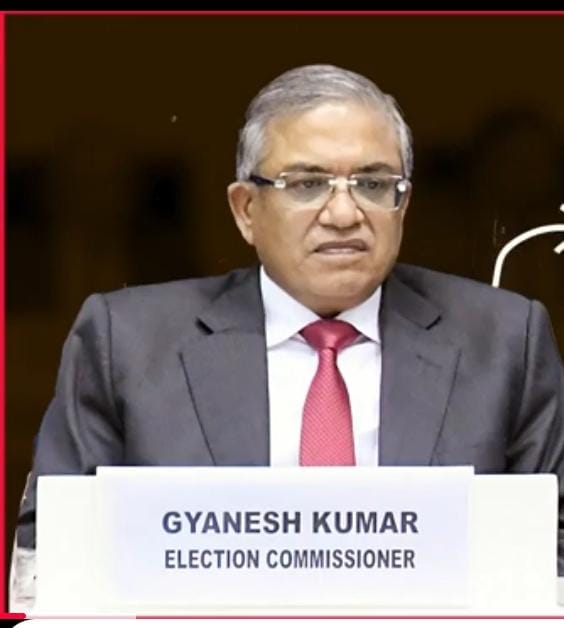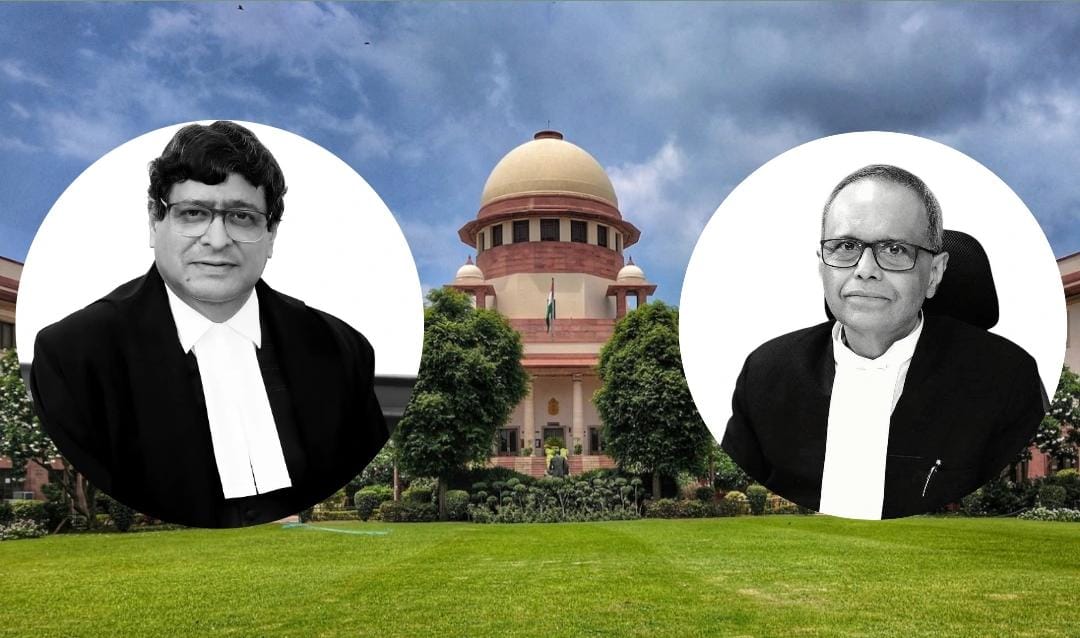NEW DELHI: The controversial mega revision of the electoral rolls in Bihar has sparked a political storm, placing the BJP-JDU-led NDA alliance on the defensive just 2 months ahead of the crucial state assembly elections process.
At the center of the controversy is Chief Election Commissioner Gyanesh Kumar, whose abrupt and one-sided decision to initiate the Special Intensive Revision (SIR) of voter rolls has triggered widespread confusion and political backlash in the poll-bound state.
The move, which was neither preceded by adequate public consultation nor supported with clear justification, has been described by constitutional experts and political analysts as arbitrary and deeply problematic. The decision has now come under judicial scrutiny, with the Supreme Court agreeing to hear a petition challenging the SIR. The bench, led by Justice Sudhanshu Dhulia, is expected to take up the matter shortly.
The Supreme Court has agreed to hear the matter on Thursday, July 10. The matter was mentioned for urgent listing before a bench of Justices Sudhanshu Dhulia and Joymalya Bagchi by Senior Advocate Kapil Sibal. He was joined by senior counsels Dr Abhishek Manu Singhvi, Gopal Sankaranarayanan, and Shadan Farasat. The petitioners include Rashtriya Janata Dal (RJD) MP Manoj Jha, the Association for Democratic Reforms (ADR), the People’s Union for Civil Liberties (PUCL), activist Yogendra Yadav, and Lok Sabha MP Mahua Moitra.
Observers point out that the Election Commission may struggle to defend its position, as it appears to lack a convincing rationale for undertaking such a massive and complex exercise just months before the assembly polls.
The SIR has disrupted the political narrative in Bihar, with critics alleging that it is part of a broader strategy to alter voter lists and potentially influence electoral outcomes.
The controversy has further dented the credibility of the Bihar NDA government, in which the BJP is the principal partner and Nitish Kumar continues as Chief Minister, possibly for the last time. Nitish Kumar’s leadership, already facing questions due to age and waning political capital, now faces the additional burden of defending a process perceived as flawed and undemocratic by many.
The timing of the exercise has particularly raised eyebrows. With elections for Bihar’s 243 assembly seats scheduled for October-November, the voter roll revision has not only complicated preparations for political parties but has also sowed doubts about the integrity of the electoral process.
Civil society organizations and opposition leaders argue that the revision lacks transparency and may result in large-scale disenfranchisement, especially of marginalized communities as the revision of the electoral rolls was done on January to have the voters’ lists finalised by June.
The opposition INDIA alliance, comprising RJD, Congress, CPI-ML and other smaller parties, has seized the issue to target the NDA. They accuse the BJP-led central government of using the Election Commission as a political tool to tilt the scales in Bihar. The absence of any detailed explanation from the EC regarding the methodology, timeline, and necessity of the SIR has only fueled such suspicions.
As the Supreme Court prepares to hear the case, the political stakes are high. A court intervention could potentially halt or modify the SIR process, thereby reshaping the pre-election landscape in Bihar. For now, what was framed as a “routine voter roll update” has escalated into a high-voltage constitutional and political confrontation with national ramifications.
[Writer is Senior Journalist and Political Commentator]








